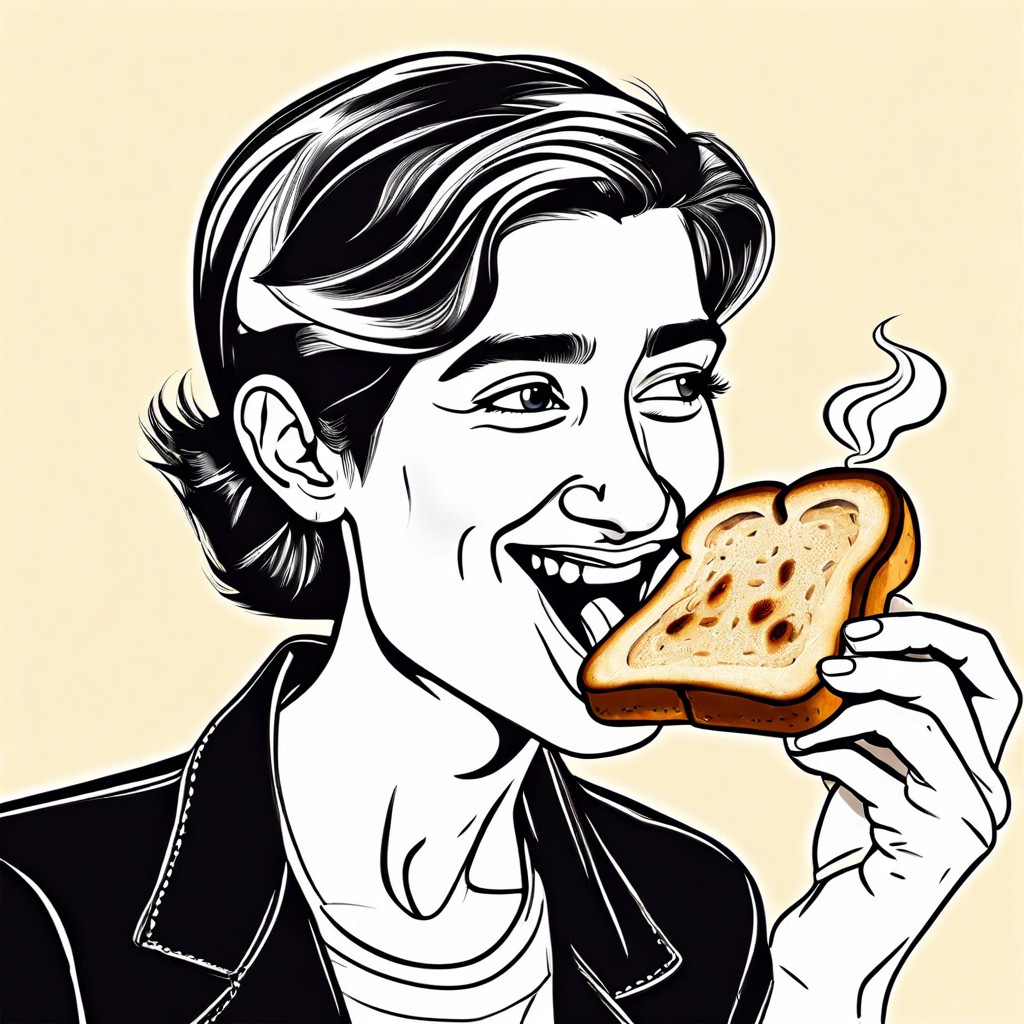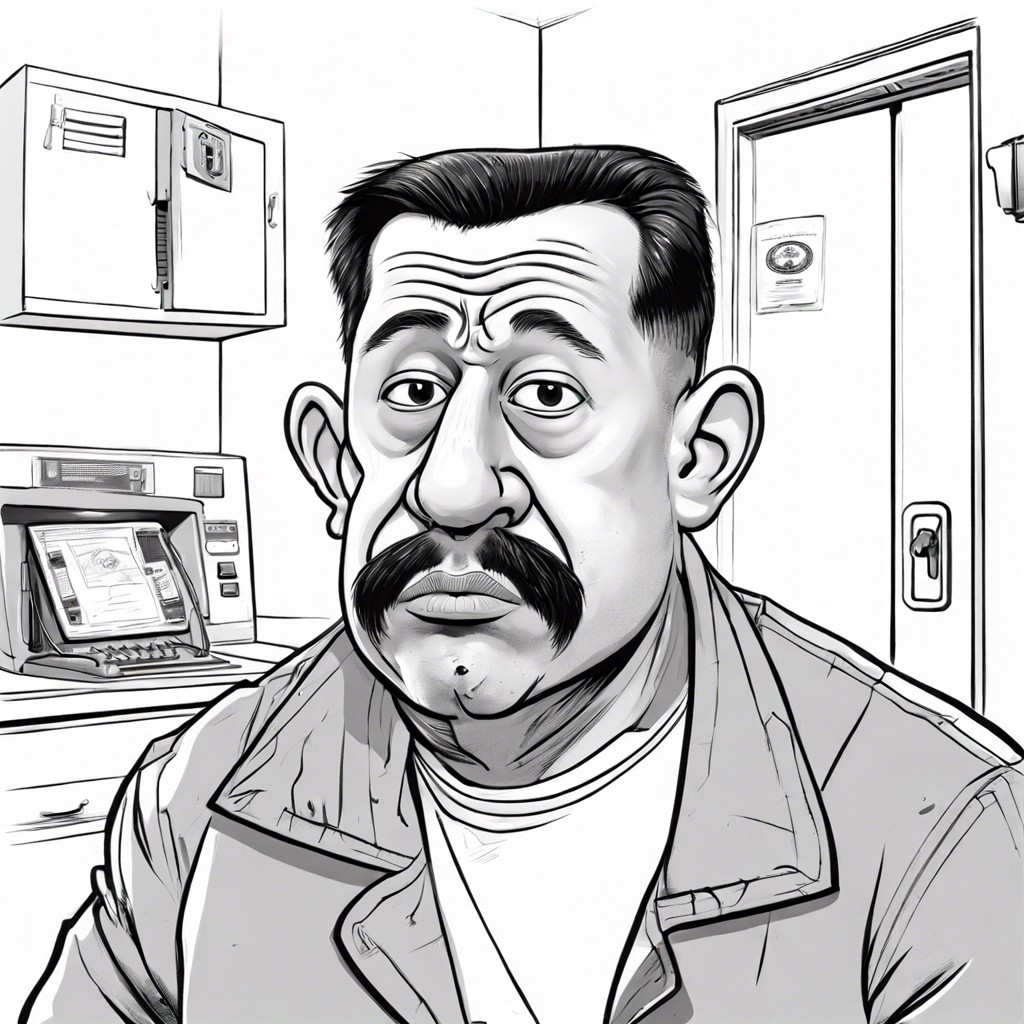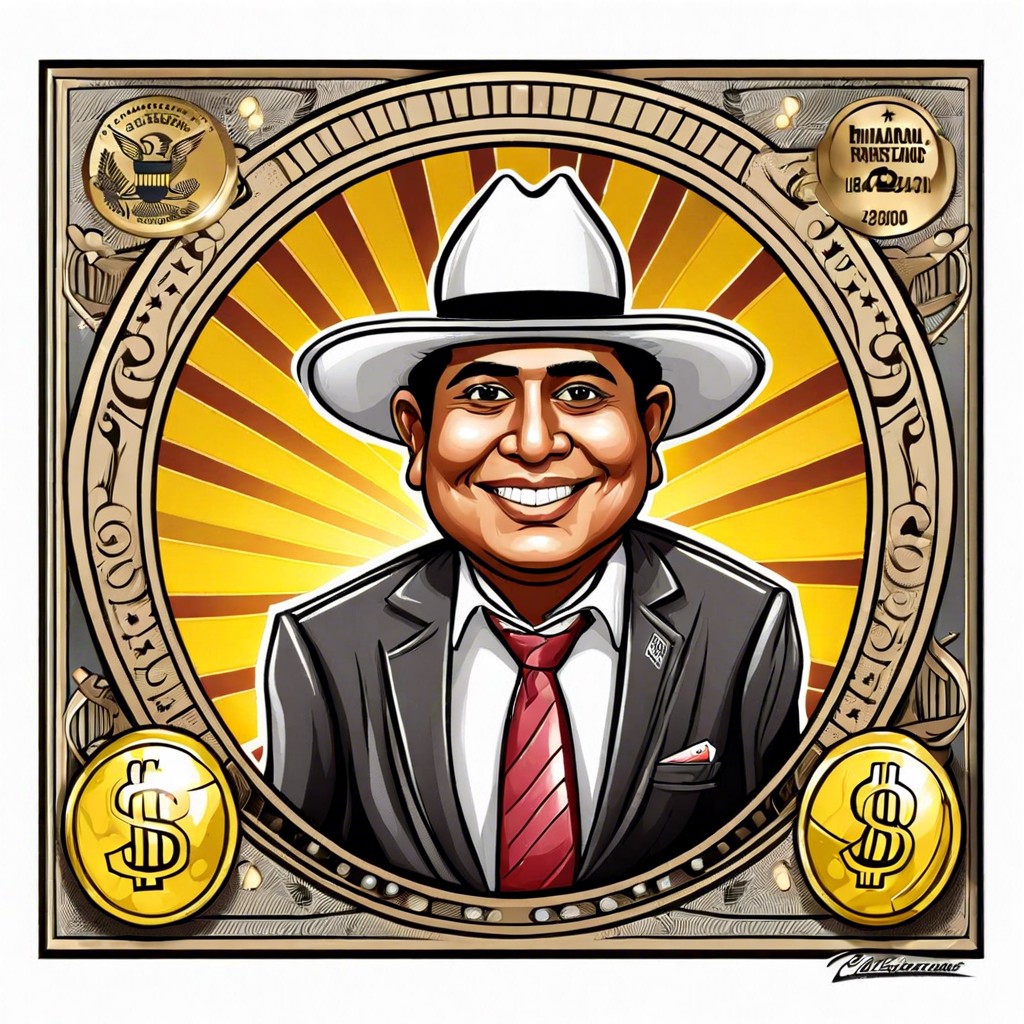Smelling burnt toast could indicate an overheated toaster, but it might also be a sign of a more serious medical issue such as a stroke or seizure.
Ever wonder why it smells like someone’s overcooked breakfast, but there’s no toast in sight? Grab your detective hat, because we’re diving into the mystery of the phantom burnt toast smell. From medical red flags to kitchen mishaps, we’ll unravel what’s behind this crispy conundrum, show you what to do next, and bust some myths along the way. Stick around – your nose will thank you!
Key takeaways:
- Smelling burnt toast may signal more than burnt toast.
- Investigate kitchen, dental, sinus issues, neurological disorders.
- Check kitchen first, then toaster, seek fresh air, scan for smoke.
- Seek medical help for persistent smell, accompanying symptoms, history.
- Prevent burnt toast smell with toaster maintenance, timer, electrical check, journal.
Potential Causes to Investigate

Your nose may be on a wild goose chase. Burnt toast scent wafting in may be a simple case of an overzealous toaster or forgotten breakfast. No need to panic, just check the kitchen first.
But if your toast is in check and the smell persists, it’s time to play detective. Phantom smells, or phantosmia, can sometimes occur due to sinus infections or nasal polyps. Basically, your nose can be a drama queen!
Another spicy culprit can be dental issues. Believe it or not, oral health problems sometimes manifest in odd smells. A visit to the dentist could save the day.
But let’s up the stakes. Neurological disorders and brain conditions, like epilepsy or migraines, could be involved. These serious scenarios make it crucial to seek medical advice if the mystery lingers.
Immediate Steps to Take
First things first, check your kitchen! The number one culprit for that burnt toast odor is—you guessed it—actual burnt toast. It’s surprising how often people forget they were making a snack.
If your kitchen is clear, give your home toaster settings a quick scan. The last thing you need is an appliance going rogue. Unplug it if you detect any funky odors.
Still no luck? Step outside for a minute. A breath of fresh air might just clear your head.
Finally, check for any signs of smoke or fire. Safety first, always. A quick house inspection never killed anyone, but ignoring an actual fire hazard could cause plenty of harm.
Oh, and make sure your smoke detectors are working. Your nose might be sharp, but these devices are sharper.
When to Seek Medical Help
If you notice the smell of burnt toast and you’re nowhere near a toaster, it might be more than your imagination playing tricks. Here are some situations when it’s wise to get it checked out.
First, if the smell is persistent and none of your friends are enjoying a crispy slice, your brain might be throwing up red flags. This can be a sign of a medical issue, like a migraine aura or even a seizure.
Secondly, if the aroma comes with other symptoms like intense headache, vision changes, or dizziness, don’t shrug it off. These could be warning signs of a stroke.
Furthermore, if you have a history of neurological issues, adding phantom toast to the list might indicate a need for an updated game plan with your doctor.
Finally, if you’re just not sure and it happens frequently, it’s always safer to consult a professional. Better safe than sorry, even if it means explaining that your nose has developed a toaster obsession.
Preventative Measures
If you want to avoid the mysterious aroma of burnt toast wafting through your home, here are some foolproof tips:
First, regularly clean your toaster. Crumbs and old bread bits turning into charcoal are often the culprits.
Second, set a timer. Distracted by a riveting cat video? Just set your toaster’s timer, so your breakfast doesn’t resemble coal.
Third, keep an eye on your appliances’ electrical health. Overworked toasters or faulty wiring can bring more heat than you bargained for.
Finally, create a smell journal. If certain foods or scenarios consistently provoke that elusive scent, jot them down. You’ll become your own smell detective!
With these measures, you’re all set to keep the weird toast ghost at bay!
Dispelling Common Myths
No, you aren’t automatically having a stroke.
First, let’s banish the old wives’ tale. While smelling burnt toast can occasionally be a symptom of something serious, it’s not a surefire sign of a stroke. Just because your senses decide to go rogue doesn’t mean your brain is under siege. Your friendly neighborhood neuroscientist can assure you—they’ve looked into it!
Second myth to bust: ghost toasters aren’t haunting your kitchen. Often, the phantom toast smell is just a result of olfactory hallucinations called phantosmia. Your nose is playing tricks, but not of the paranormal variety.
Lastly, there’s no cosmic toaster conspiracy. If you smell burnt toast and can’t find the source, it might be time to have your gas appliances checked. Maybe it’s a metaphorical nudge to dust off that CO detector and make sure it’s working.




